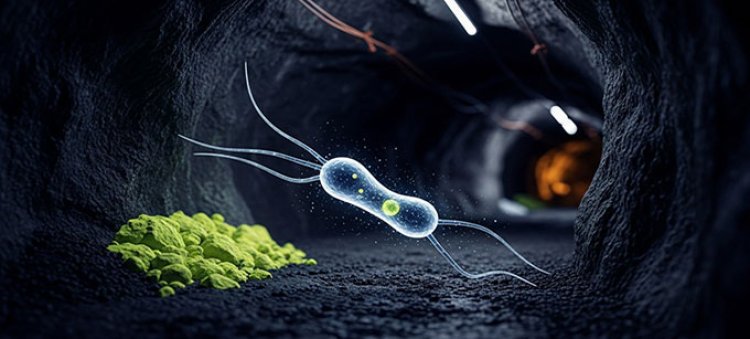Scientists at the University of Helsinki might have just nudged the nuclear industry toward a future where radioactive waste stops being a 20-thousand-year headache and becomes a decades-long engineering challenge instead. The team has discovered extremophile bacteria thriving inside old uranium mines that can actually metabolize radioactive isotopes. Yes — they eat radiation and spit out stable compounds. Nature is wild.
The star of the show is Deinococcus radiodurans, a micro-organism famous for shrugging off radiation doses that would turn humans into dust 3,000 times over. What's new here is how researchers are tweaking this super-bug. Helsinki’s bioengineering team has modified the species to speed up its natural repair cycle and direct its metabolic process toward heavy radioactive isotopes.
In lab simulations, the bacteria converted long-lived nuclear waste — the kind that normally needs to be locked underground for 24,000 years — into stable, non-radioactive material in under 50 years. Not quite overnight, but compared to geological time scales, it's basically fast-forward.
Finland isn’t just cheering from the lab benches either. The country is already running pilot tests at Onkalo, the world’s first permanent nuclear fuel repository tunnelled deep into bedrock. Engineers are trialing the bacteria on isotopes like cesium-137 and strontium-90, two of the nastier components of spent reactor fuel. If the microbes keep behaving, bioremediation could eventually replace the decades-old strategy of bury-and-forget.
Of course, caution applies. The bacteria aren’t being dumped into radioactive pools like some superhero movie plot. These are tightly controlled trials in sealed bioreactors. And we still need long-term data to make sure the bugs don’t mutate or lose steam halfway through the marathon.
Still, if this technology holds up, the nuclear power debate changes. More clean energy without a millennia-long waste burden? That's a world worth paying attention to.
For now, the smartest move is cautious optimism — and maybe offering a quiet thank-you to microbes that apparently decided radiation is a snack.

Comments
Post a Comment